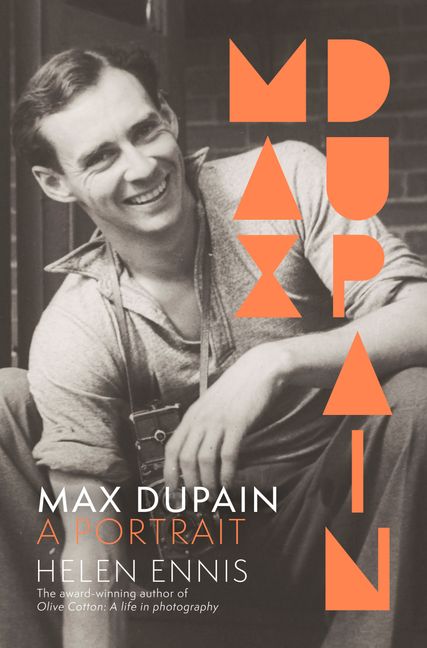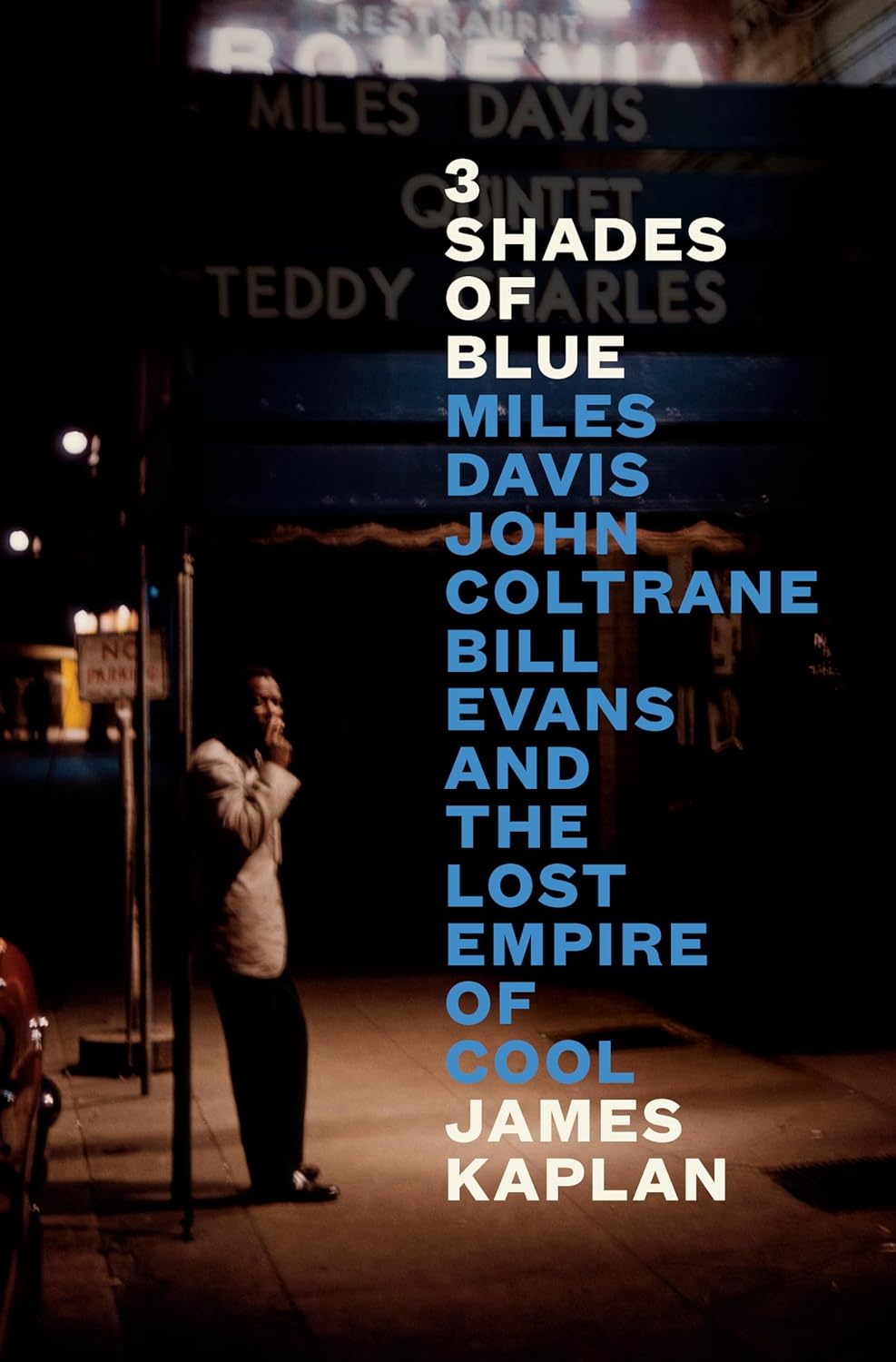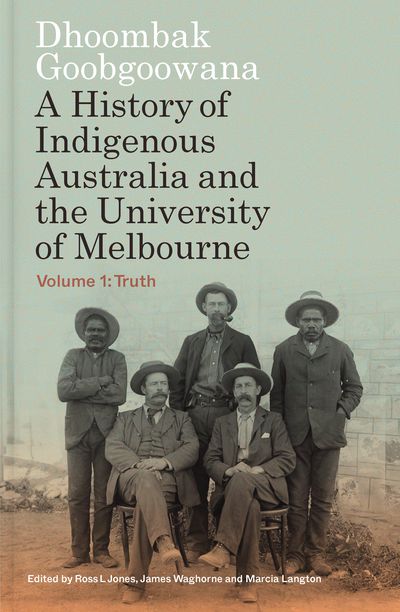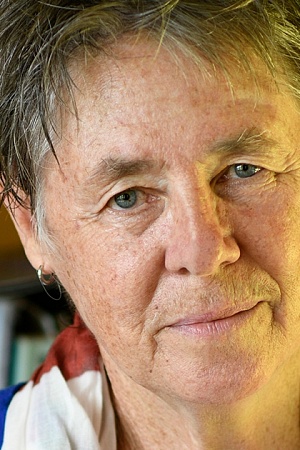Backstage with Helen Morse
Helen Morse’s work with major theatre companies and independent ensembles covers a wide range of classics, contemporary Australian and international plays, recitals, and the odd cabaret. In August she will appear in Caryl Churchill’s play Escaped Alone, for MTC.
What was the first performance that made a deep impression on you?
There were two: The Miracle Worker at the Comedy Theatre Melbourne, 1962, with Bronia Stefan as Annie Sullivan and Suzanne Heywood as Helen Keller – unforgettable – and The Black Theatre of Prague’s The Seven Visions of Mr S (Comedy Theatre, 1964), created by the artistic director Jiri Srnec. One astonishing vision was a clothes line of garments blowing in the wind – a coup de théâtre revealed to be the multi-skilled performers.
When did you realise you wanted to be an artist?
I was a player from an early age. My schoolgirI dreams met the reality of a life in the theatre when I joined a two-week workshop for teenagers run by the UTRC (now MTC) at the Russell Street Theatre. Directors, designers, props makers, and actors showed us how the magic happens.
What’s the most brilliant individual performance you have ever seen?
First, the peerless Jeannie Lewis and band The Cacophonists in Tears of Steel & The Clowning Calaveras – impassioned, political, life-affirming poems and songs, inspired by Pablo Neruda and the Mexican Day Of The Dead and designed by Martin Sharp (Seymour Centre, 1975). Second, Paul English’s complex, heart-breaking portrait of flawed, tormented Willy Loman at the centre of Arthur Miller’s masterpiece, Death Of A Salesman (Hearth Theatre, fortyfivedownstairs, 2022).
Name three performers you would like to work with.
Will Shakespeare’s company at the Globe – to witness their process firsthand! Susheela Raman, an Australian-Indian musician, ever since I saw her concert Ghost Gamelan in 2019. Director Kate Cherry – we have collaborated on three very special productions.
Do you have a favourite song?
Among the many across all genres: ‘Art Thou Troubled’, a poem set to music from Handel’s Rodelinda. The song, which expresses music’s healing power, was my mother’s favourite; ‘It’s Only a Paper Moon’ (lyrics by Billy Rose and E.Y. Harburg, music by Harold Arlen) – Blanche’s song from A Streetcar Named Desire.
Who is your favourite writer – and your favourite composer?
Shakespeare; Anna Akhmatova; Helen Garner, with her remarkable body of work. ‘Bach, Bach, mighty Bach!’, to quote Dylan Thomas.
And your favourite play or opera?
Impossible! I delight in difference. So; the entire European, British, American canon. Tom Stoppard’s Arcadia. Australian plays include Alma de Groen’s The Rivers of China and Nick Enright’s Good Works. As for opera, La Traviata, The Marriage of Figaro, Richard Meale’s Voss, and Batavia created by Richard Mills and Peter Goldsworthy. Music theatre: Stephen Sondheim’s A Little Night Music.
How do you regard the audience?
With respect and as essential to what is a shared experience; individuals who bring their own energy and understanding of life to meet the play, through the work of the players. This is why I love theatre – it’s alive.
What’s your favourite theatrical venue in Australia?
Fortyfivedownstairs in Flinders Lane, Melbourne, an old rag-trade workshop with high, pressed-metal ceilings and wonderful windows – a lived-in space and a cradle of new work. Also, Theatre Royal Hobart (1834), the oldest working theatre in the country. From the stalls to the gods you feel embraced by its Georgian design.
What do you look for in arts critics?
An understanding that theatre is an organic experience. Prejudice, ego and ‘cancel culture’ tendencies should be left at the door. Remaining open to the life of the play and bearing witness to what is actually happening.
Do you read your own reviews?
I prefer not to, but usually do towards the end of the run. Sometimes friends pass on helpful comments.
Money aside, what makes being an artist difficult – or special – in Australia?
Fallout from lockdowns. Post-Covid, the wonderful groundswell of young, independent theatre-makers (especially in Melbourne) who are excited by the possibilities of this ancient art form. I’m inspired by the remarkable creative work of First Nations artists in all areas of the performing arts.
What’s the single biggest thing governments could do for artists?
Continue to support and nurture the smaller companies, emerging artists – the storytellers of the future.
What advice would you give an aspiring artist?
Train your voice, body, and mind, but don’t forget to live life! Serve the play – it’s all in the text.
What’s the best advice you have ever received?
Listen. Be true. Don’t be afraid of making a fool of yourself. Courage, mon amie!
What’s your next performance?
Escaped Alone by Caryl Churchill, directed by Anne-Louise Sarks for the MTC. I’m one of a cast of four older women. It’s mind-bending, original, unsettling, and blackly funny – ‘a visionary play about afternoon tea and the apocalypse’.









Leave a comment
If you are an ABR subscriber, you will need to sign in to post a comment.
If you have forgotten your sign in details, or if you receive an error message when trying to submit your comment, please email your comment (and the name of the article to which it relates) to ABR Comments. We will review your comment and, subject to approval, we will post it under your name.
Please note that all comments must be approved by ABR and comply with our Terms & Conditions.